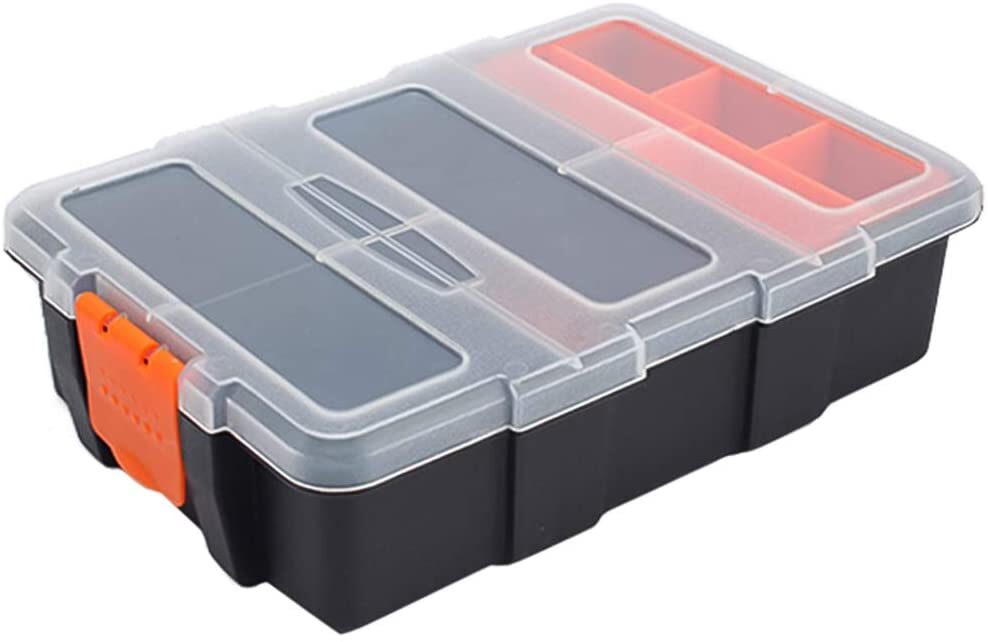A plastic tool box is a great way to keep your tools in one place. Constructed from lightweight yet durable industrial grade polypropylene, your tools will stay well maintained and completely portable, whether around the house, on site or in the yard in a well made plastic tool box. If you are wondering which tools you should purchase first, here is a list of essential must-list equipment to keep in your tool box.
1. Screwdrivers
Make sure you have at least one flat head and one Phillips screwdriver in your tool box. Screwdrivers can be purchased as a set, individually, or as one screwdriver with adjustable ends. Screwdrivers that change heads often have very thick rods so some narrower screwdrivers should also be purchased.
2. Spanners
An adjustable spanner and/or a set of spanners will enable you to have the right tool for the job when tightening and unfastening bolts. Spanner size is important to make sure you have a range. There are up to twelve different types of spanners, so choose a set that is most useful to your needs. A combination spanner offers two tools in one so might be a good set to start with.
3. Pliers
Pliers come in a variety of designs so purchase a few that will cover your general needs including cutters, long nose pliers and tongue and groove pliers. You’ll need your pliers for cutting and manipulating wires and for any job that requires leverage. Insulated pliers can be purchased for working with electrical wires.
4. Cordless Drill
Your plastic tool box will have room for a cordless drill, which no home should be without. Battery powered cordless drills make all furniture and fittings maintenance or construction easier, both for unscrewing old screws that are embedded into old wood and inserting new ones.
5. Saw
A handsaw is convenient for removing old branches, trimming fence posts and for all your DIY wooden creations. For general or rough sawing, a universal handsaw is a good option. You might also want a hacksaw for finer sawing work.
6. Hammer
Say no more. A claw hammer is a must have item and can be used for hammering in nails, adding some force to a chisel and also removing nails. The hammer is a toolbox standard and will likely be used for a lot more such as loosening ice cubes and putting the final touches when assembling kit set furniture. For metalwork, a ball-pein hammer is used, and a mallet may also be desirable as a permanent feature in your tool box.
To organise your tools, lay the heaviest tools down first then lighter long tools. Small tools sit in the removable tote tray. Light equipment such as safety goggles, ear-muffs, spirit level and combination square can be placed on top of the heavy tools, while accessories such as screws, nails, nuts and bolts sit securely in sealed compartments set into the lid. For more advice on equipping your plastic tool box, consult a tool expert.
